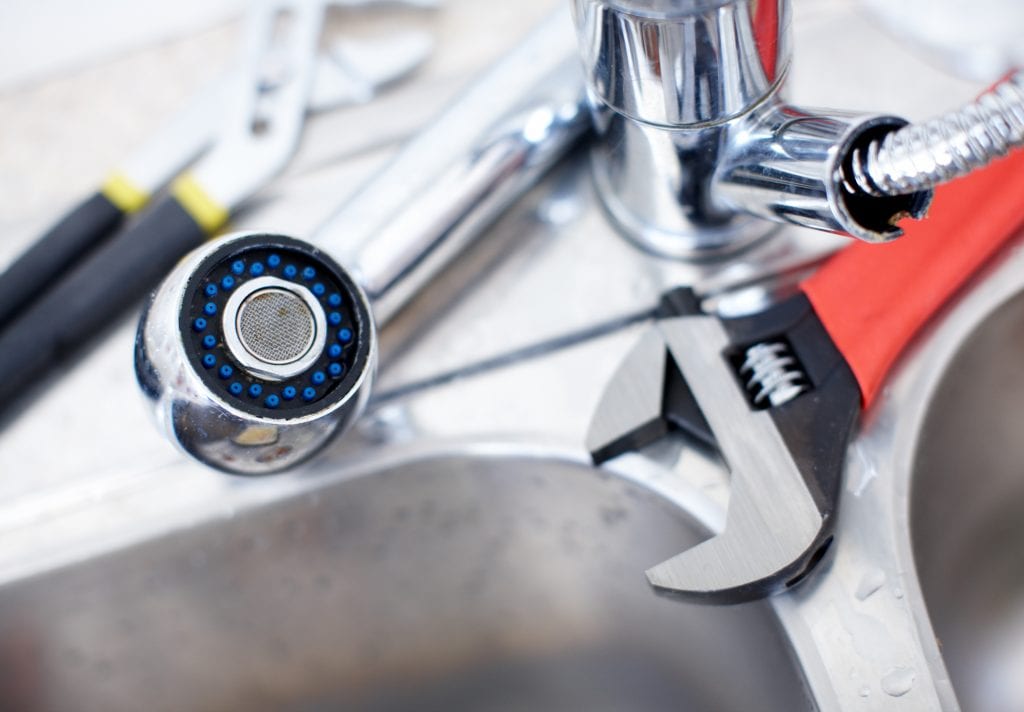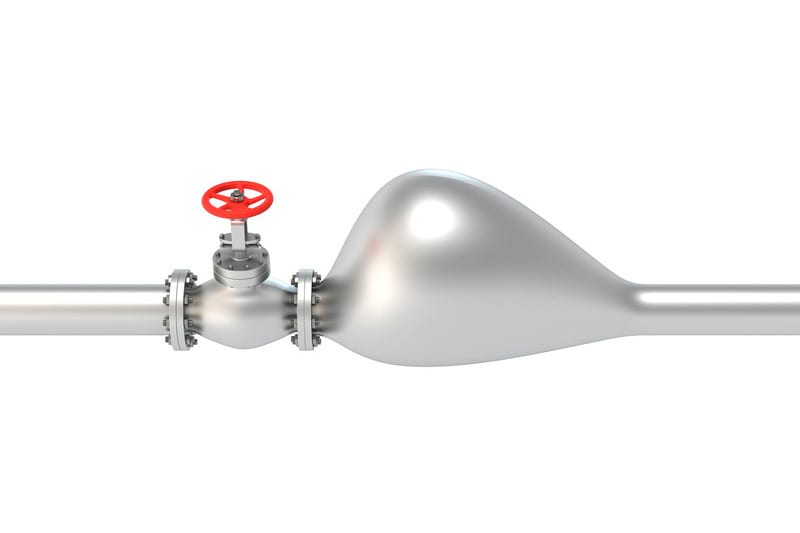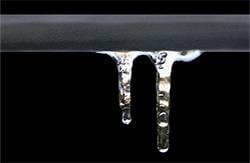Choosing good Plumbers in Dublin

There are plenty of plumbers in Dublin area these days. In fact, Dublin based residents are somewhat spoiled for choice when it comes to choosing a plumber to carry out works in their home or business. With so many to choose from, how should one decide on one Dublin based plumbing service over another? Plumbers […]
A Guide to Water Pressure / Water Flow

Water Pressure / Water Flow What is the difference between Water Flow and Water Pressure? Water Flow: The term ‘water flow’ is simply a means of measuring the amount of water which is expelled from a source (eg: a tap) over a pre-determined period of time. Exactly which period of time is used to measure flow depends […]
Condensate Drainage Pipe Maintenance

Condensate Drainage Pipe – One of the more serious problems associated with central heating systems is that of blockages accumulating in a gas boiler or oil boiler’s condensate drainage pipes. Such blockages reduce your boiler’s efficiency levels and, in extreme cases, have been known to lead to the boiler breaking down completely. While such problems […]
Preventing Plumbing Problems

While it is virtually impossible to prevent all plumbing problems that can possibly come about, a great many of them can be avoided by taking adequate care and precautions. By adhering to the following advice, you can make life much easier for yourself by negating the need for having unnecessary plumbing services while saving yourself quite […]